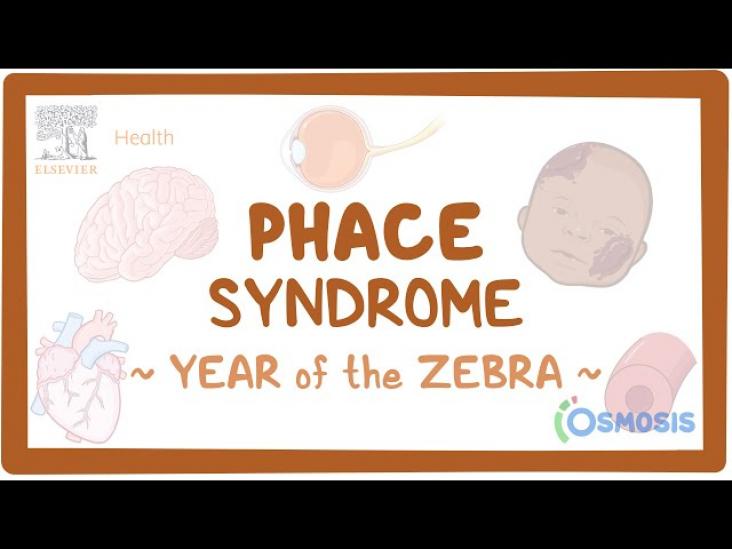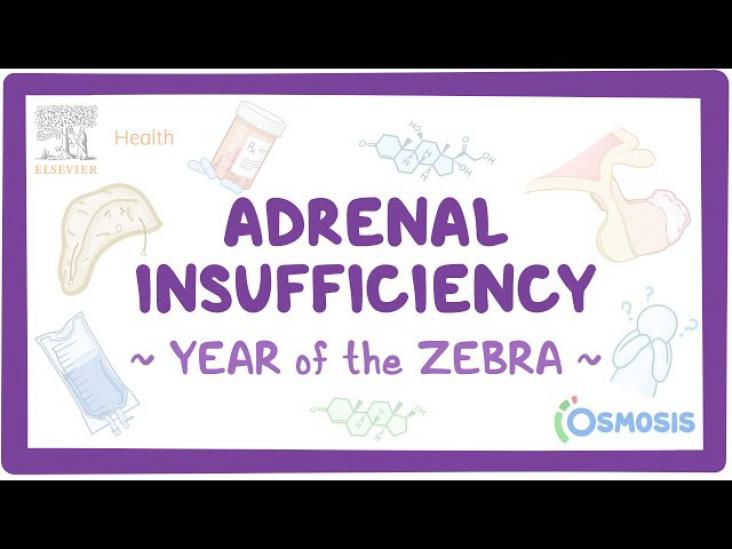This Article supports SDG 3 by evaluating the effect on mental health of the Community Wealth Building programme in Preston, UK, whereby the local economy in this economically deprived area was boosted by shifting to local supply chains. Compared with control areas, an improvement was seen in mental health outcomes such as prevalence of depression. The authors suggest that such a model could simultaneously help to advance economic regeneration, improve health and wellbeing, and reduce regional inequalities.
A service evaluation was conducted of a rapid response brief trauma therapy training at the start of the Ukraine war. The aims of this study were to explore the feasibility of providing brief therapy trauma training to upskill local therapists in Ukraine and to assess if the treatment approach was effective in reducing Post-Traumatic Stress Disorder symptoms.
The article emphasizes the critical role of biodiversity in ensuring sustainable diets and nutrition security. It demonstrates that the Mediterranean diet, with its higher diversity in cultivated food plants, provides a model for sustainable eating patterns. The study highlights the need for integrated approaches in nutrition and agricultural policies to enhance biodiversity, mitigate climate change, and promote public health. Adopting sustainable diets such as the MD can lead to more resilient agro-food systems and healthier environments, benefiting both human and ecological well-being.
This content supports the SDG Goal 3: Good health and well-being by providing a background understanding and framework to aid in the prevention, identification, and control of infectious diseases in disaster zones.
Elsevier,
Global Perspectives on the Transmission of Zoonotic RNA Viruses from Wild Animal Species to Humans
Zoonotic, Epizootic, and Anthropogenic Viral Pathogens
2023, Pages 65-79
This content aligns with Goal 3: Good Health and Wellbeing by showing human immunodeficiency viruses, HIV-1 and H1V-2, as examples of species cross-over.
This content aligns with Goal 3: Good Health. The purpose of this chapter is to provide a background understanding and framework to aid in the prevention, identification, and control of infectious diseases in disaster zones.

This article relates to SDG 3. This resource, created together by Osmosis and the National Organization for Rare Diseases (NORD), aims to increase the knowledge and awareness about Rare Disease Education: PHACE Syndrome

This article relates to SDG 3. This resource, created together by Osmosis and the National Organization for Rare Diseases (NORD), aims to increase the knowledge and awareness about Rare Disease Education: Adrenal Insufficiency

This article relates to SDG 3. This resource, created together by Osmosis and the National Organization for Rare Diseases (NORD), aims to increase the knowledge and awareness about Rare Disease Education: Esophageal Cancer
Talks about the welfare of cattle in the beef industry.
